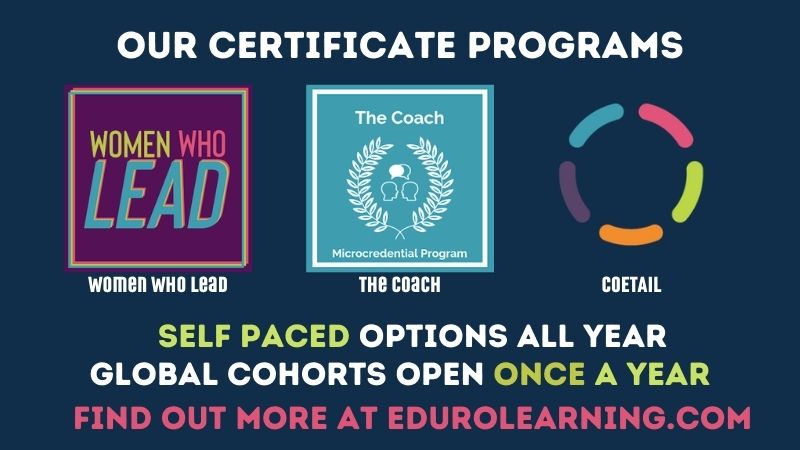As instructional coaches, we’re asked to do lots of different things. Sometimes not all of those things are actually part of the scope of our role. Which means that sometimes we actually have to say no that’s not easy! So, in today’s post, I’m going to highlight three strategies for how you can say no as an instructional coach.
Most Importantly: Our Job is About Saying “Yes”
Before I even share those strategies with you, I do want to highlight that we really should always be trying to say “yes.” Our job isn’t about saying no. Our job is about saying yes to professional growth to student learning, to parent support, to helping our school leaders be even better at their job. So we only want to say no when it’s clearly outside of our professional scope, or it would cause other issues or impact your professional work as a coach and kind of take you away from the teaching and learning priority.
Before you say no, try to put it in perspective for yourself: What would doing this task cost you? If it’s something that kind of takes you out of your role, but it’s a quick and easy win for you, then it’s probably not worth saying no, but if it’s something that puts others at a disadvantage, or it might cause a problem later, that’s something you might want to think about saying no to. You might want to ask yourself, as Jackie Frens mentioned in a #coachbetter interview with me, is the juice worth the squeeze?
3 Steps to Say No as an Instructional Coach
Regardless of how much we want to say “yes” as coaches, there are times when you might need to say no. When that time comes, here are 3 steps you can take:
1:: Validate the concern or issue or question that’s being brought to you
Listen carefully and demonstrate your understanding of the issue by paraphrasing, so that you’re empathizing and really making sure that the person feels heard. Even if it’s a problem you can’t solve or something, you have to say no to it doesn’t mean you need to be dismissive. Listen to whatever the inquiry is with genuine curiosity and the goal of saying yes, even if you ultimately have to say no.
2:: Explain the why
Explain why you can’t support this person in whatever the request is. One way of doing this is by going through your thought process with them, actually thinking aloud and explaining all the different thoughts that you’re having as you’re going through them. This will help the person understands that: yes, you have heard them; yes, their request is important, but unfortunately it’s not something you personally can support them with right now at this point in time, which leads me to step number three…
3:: Always have a suggestion or a connection
Make sure to provide another step that person can take. You don’t want “no” to be the final answer. Usually, as a coach, you’re not really in a position to be able to say no as a final answer anyway, but you definitely wouldn’t want a teacher or a colleague leaving your office feeling like they weren’t heard, or they were just dismissed or they were turned away.
What else can you provide them with to help them solve this problem? Maybe there’s someone else who’s actually an expert in this area or someone you know from your personal learning network that you can connect them with. Or maybe it’s something you have to say no to right now, but it’s something you can do later. So it’s actually time specific, whatever happens in this scenario, it’s important to have a next step. So the person doesn’t leave feeling like they weren’t supported by you as a coach.
No matter what, saying no, as an instructional coach, is not easy. Even if we’re consistently approaching our work with the perspective of trying to say yes all the time, but every now and again, there will still be something that you need to say no to. If this is something you’re working on practicing, join us for our academic year long mentorship & certificate program, The Coach. Global Cohort registration opens once a year, and self-paced options are available all year long!
Watch the 5 Min Fri Video
Level Up Your Impact with Our Certificate Programs
There are so many ways to make an impact in your school community. If you’re looking to level up your impact, either as a school leader, a coach or a teacher, explore our certificate programs: Women Who Lead, The Coach, and COETAIL. Or, if your goal is truly unique, register for a private mentoring package. If any of today’s post resonated with you, join us for the next cohort of WWL, The Coach or purchase a private mentoring package! Registration for our global cohorts opens once a year, make sure you’re on our mailing list to be notified as soon as they open! You can find all of these learning opportunities on the our website!


Recent Comments